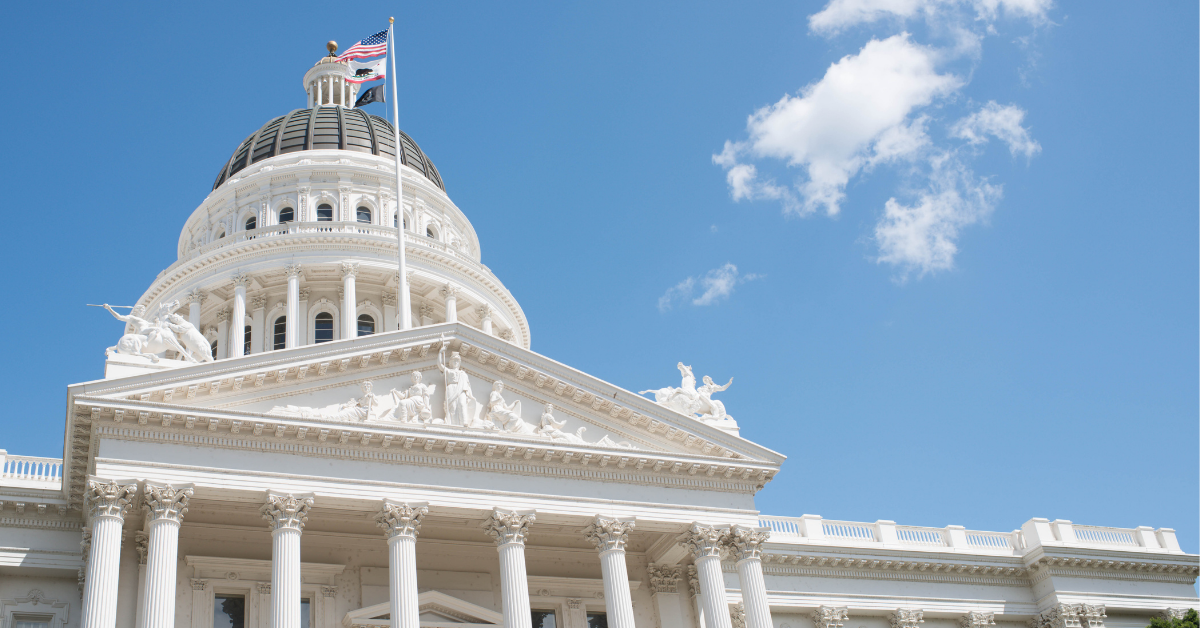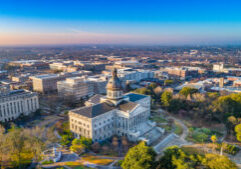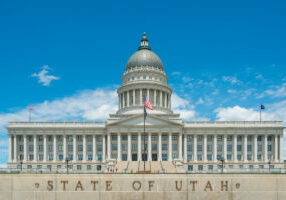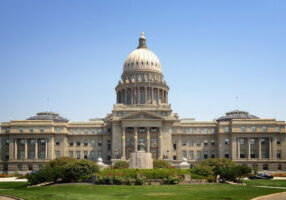Today, I’d like to offer a preview of the second session of California’s two-year legislative cycle, which started on January 3 and will continue until adjournment on November 30. We can expect new legislative priorities with Sen. Mike McGuire succeeding Senate President Pro Tempore Toni G. Atkins in February, along with new Speaker Robert Rivas leading the General Assembly.
As this is an election year, all 80 seats in the California General Assembly and half the 40 seats in the state Senate will be on the ballot, so lawmakers will be split between policymaking and their reelection campaigns. Lawmakers have until the end of January to decide which bills they introduced in 2023 will roll over for consideration in 2024.
Below you will find a summary of key issues that lawmakers will likely address during the early months of the 2024 legislative session:
Minimum Wage and Healthcare Workers
Lawmakers enacted legislation (SB 525) last year to raise the minimum wage for healthcare workers. The law will go into effect on June 1, 2024, starting the timeline to gradually raise wages until they hit at least $25 per hour. Specifically:
- Dialysis clinics and large health systems with more than 10,000 workers will pay a minimum wage of $23 per hour in 2024, rising to $24 in 2025 and then $25 in 2026.
- Hospitals with a high mix of Medi-Cal and Medicare patients, as well as rural independent hospitals, will be required to pay workers $18 an hour in 2024. That rate increases 3.5% annually until it reaches $25 in 2033.
- Community clinics will start the pay increase at $21 per hour in 2024, rising to $22 in 2026 and $25 in 2027.
- Other healthcare employers will see their minimum wage increase to $21 per hour in 2024, followed by $23 in 2026 and $25 by 2028.
However, the state is facing a projected $68 billion budget deficit. This creates a potential significant impact on healthcare facilities’ financial stability and state leaders are considering whether to adjust the implementation timeline. The state Department of Finance has projected the law will cost California’s general fund about $2 billion during the next fiscal year, but the Legislative Analyst’s Office said the administration has not yet released additional details about its estimate.
Lawmakers may also review who’s covered and initial exemptions to ensure that all healthcare workers are treated equitably and the law does not create unintended consequences for certain facilities or workers. Lawmakers may also try to ensure the law does not create imbalances in bargaining power or lead to unintended consequences in labor negotiations.
Additionally, lawmakers may consider whether to establish new ways to monitor and enforce compliance with the minimum wage law, ensuring that all covered healthcare facilities adhere to the new requirements.
Medi-Cal and Provider Rate Increases
On January 1, 2024, California implemented the largest Medi-Cal provider rate increases in the state’s history, aimed at expanding healthcare access for millions covered by Medi-Cal. The 2024 rate increases focus on primary care, obstetrics, and non-specialty mental health services, these are the first step in a series of planned enhancements, with additional increases set for January 1, 2025. These increases were made possible by reinstating the Managed Care Organization (MCO) tax to draw down federal matching funds. The tax, effective retroactively from April 1, 2023, through December 2026, is expected to generate around $19.4 billion.
This year, state lawmakers will likely take further action to build on this momentum, potentially exploring additional measures to strengthen the state’s healthcare infrastructure and ensure sustained improvement in services for Medi-Cal beneficiaries. These actions may include legislative initiatives aimed at reinforcing the healthcare system’s capacity to effectively use the increased funding and meet the growing healthcare needs of Californians.
Budget
Governor Gavin Newsom released his budget on January 10, projecting a deficit of $37.9 billion in the 2024-25 fiscal year. This estimate is much lower than the record-breaking $68 billion budget deficit forecasted by the Legislative Analyst’s Office last month. The split is largely due to different revenue projections, with Newsom more optimistic about the state’s upcoming economic conditions and their impact on tax collections.
Regardless, all involved agree that the state will need to make changes to close the fiscal gap. State finance officials have urged spending cuts and reserve funds, while Newsom’s budget calls for greater use of reserves with minimal cuts.
The governor’s budget also includes initiatives to tackle homelessness, improve education, reform mental health and more.
- Homelessness: The budget continues a $15.3 billion plan to address homelessness, including $400 million for encampment resolution and $1 billion for housing and prevention grants.
- Public Safety: It allocates $1.1 billion over four years for community safety, including measures against organized retail theft, opioid and fentanyl interdiction, and gun violence.
- Education: The budget maintains critical investments in education, with Proposition 98 funding estimated at $109.1 billion for 2024-25. It includes support for community schools, universal meals, expanded learning, and universal transitional kindergarten.
- Mental Health: It continues an effort to transform behavioral health services, including funding for wellness coaches and $7.6 billion for the BH-CONNECT demonstration.
Artificial Intelligence
This year, lawmakers will consider several bills aimed at regulating AI systems and protecting individuals’ rights and safety. State Sen. Scott Wiener is developing a comprehensive safety framework to address major public security risks, including AI-generated bioweapons, cyberattacks, and misinformation, marking an early attempt at broad AI regulation.
Among the more specific topics under consideration, Assemblymember Rebecca Bauer-Kahan plans to introduce legislation prohibiting discriminatory AI systems, while Assemblymember Ash Kalra wants to protect entertainers by restricting studios’ ability to use AI to replicate performers’ work, ensuring artists maintain control of their digital likenesses.













